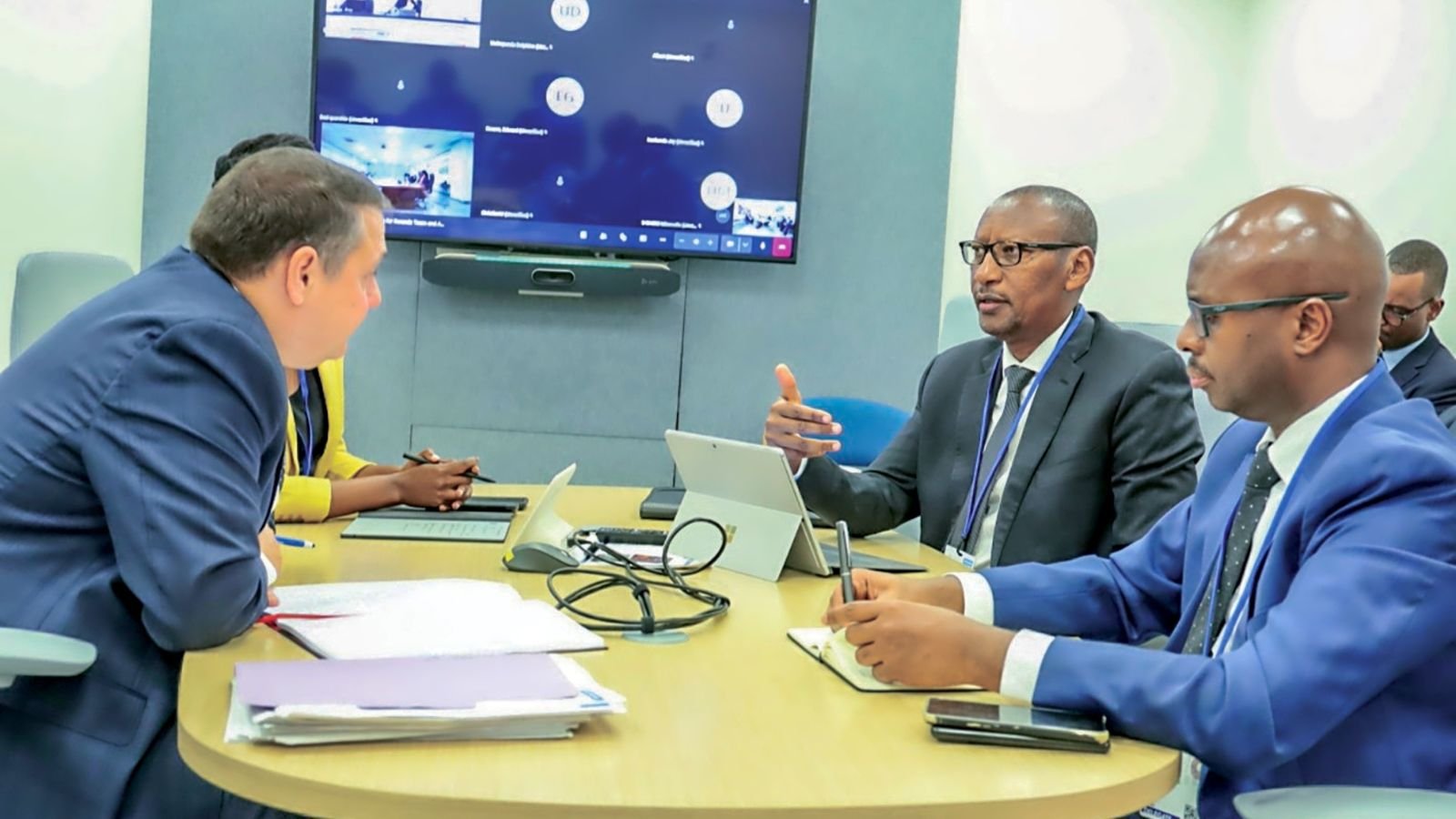
IMF board will decide in December on Rwanda’s new $184.9 million loan
The International Monetary Fund (IMF) Board is likely to meet in December to look over a report on Rwanda’s progress under the fund’s three-year economic reform plan. If the report is accepted, $184.9 million (SDR 138.55 million) in new funding would be sent to Rwanda right away.
In December 2022, the IMF gave Kigali a 36-month Policy Coordination Instrument (PCI) to help the government’s economic policy and reform plan. The goal is to keep the economy stable and promote growth that benefits everyone.
From October 7 to October 20, 2024, an IMF team led by Ruben Atoyan visited Kigali. They came to the conclusion that the government’s macroeconomic policy performance up to the end of June 2024 was in line with the program goals under the PCI and the Stand-by Credit Facility (SCF) arrangement, with all quantitative targets having been met.
Kigali would be able to get SDR 71.8 million (about $95.9 million) from the Resilience and Sustainability Facility (RSF) and SDR 66.75 million (about $89 million) from the Stand-by Credit Facility (SCF) once the IMF board’s study is over.
“The Board’s consideration is likely to happen in December 2024,” Mr. Atoyan said in an October 22 statement.
“Even though things were tough, the performance of macroeconomic policy through the end of June 2024 stayed in line with the PCI/SCF arrangement’s program goals.” All quantitative goals were met, and changes to make public investments more clear and improve the way the FX market works are going well.
The IMF staff and the Rwandan government agreed at the staff level on the rules that were needed to finish the fourth reviews of Rwanda’s PCI and program under the RSF, as well as the second review of the SCF arrangement.
The government’s promise to make climate-related changes under the RSF arrangement stayed strong, and Mr. Atoyan said that steps were being taken to implement climate budget tagging, make public investments more climate-resilient, and create a green taxonomy. These steps should be finished in the next few weeks.
The economy’s future
In December 2022, the IMF approved an agreement for Rwanda under the new RSF for an amount equal to $319 million. This made Rwanda the first African country to gain access to the facility, which was created that same year to help low-income and vulnerable middle-income IMF members deal with long-term structural problems like climate change with low-cost, long-term financing.
Payments to Rwanda under the RSF will only be made after the 36-month PCI reviews are finished.
The SCF helps low-income countries (LICs) with their short-term balance of payments needs, while the RSF gives affordable long-term loans to countries that are reforming to lower the risks to their future balance of payments stability, such as those related to climate change and pandemic preparedness.
The IMF team says that Rwanda’s economic outlook is still positive, but there are some risks that could go wrong. These include more geopolitical instability, another rise in energy and food prices around the world, or slower growth in trading partners, all of which could hurt the outlook and make it harder to get outside financing.
“Repeated shocks in the past few years have made it harder for the government to rebuild policy buffers.” The fund said that fiscal consolidation has been slower than planned under the program. This has not stopped the rise in the state debt-to-GDP ratio, which is expected to reach 80% of GDP in 2025.
Having easier access to low-interest loans is good because it lets important changes happen, but it can’t replace raising money from within the country.
“However, green projects and lending operations need to move faster along the way.” With changes to institutions and a strong pipeline of projects, more climate financing can be made available, which will increase the RSF’s effect.
All IMF member countries can use the Policy Coordination Instrument (PCI), which does not lend money. It lets the IMF have a more direct conversation with countries and back their policies, which shows that they are committed to changes and helps them get money from other sources.
A on-track PCI helps members quickly get to IMF resources if they need them for their balance of payments, as long as they follow the normal rules for using IMF resources.
All Categories
Recent Posts
Mikel Obi: “I don’t want to see him in Saudi Arabia”
Zuchu’s Bio Update Verifies Rumors of a Marriage
Tags
+13162306000
zoneyetu@yahoo.com



